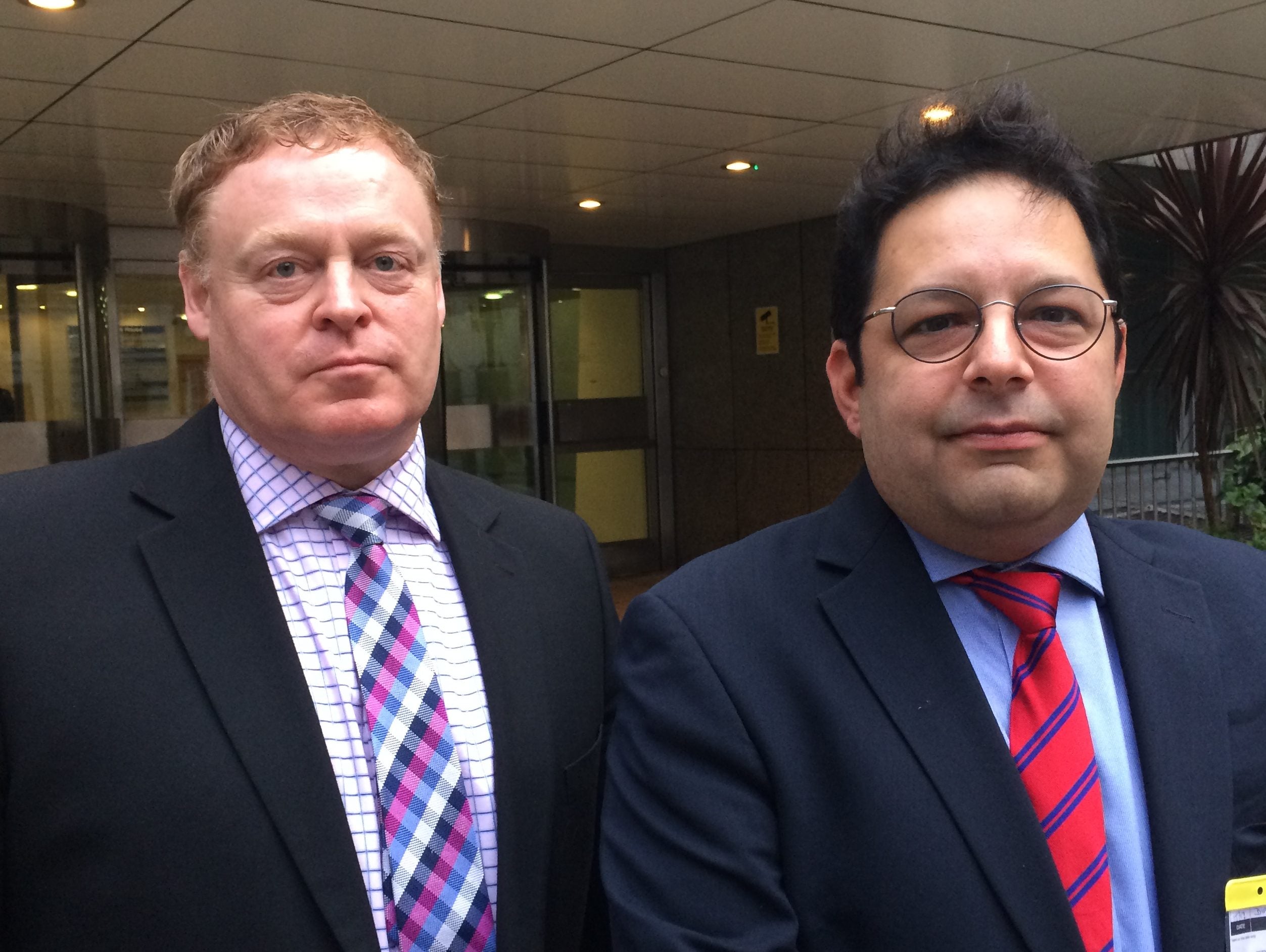
Two former police officers have been awarded £3,000 each in compensation after their phone records were illegally grabbed by Cleveland Police to find the source of leaks to journalists.
But two journalists whose records were also viewed have been given nothing.
Mark Dias and Steve Matthews were awarded the payouts by the Investigatory Powers Tribunal in a judgment handed down yesterday after they first brought the case last year.
It followed a ruling by the tribunal in January that the force’s use of spying powers to root out the source of three leaks to the Northern Echo newspaper in April 2012 had been “unlawful”.
Cleveland Police used powers under the Regulation of Investigatory Powers Act to target a total of six individuals, including Northern Echo journalists Graeme Hetherington and Julia Breen, who had their phone records monitored from 1 January to 1 May 2012.
The records grabs were approved internally by the force itself because they were made before the 2015 Press Gazette Save Our Sources law was passed requiring such orders to need the approval of a judge.
The force also looked at four months of call data and monitored the entire switchboard of the Echo between 2 and 4 April 2012.
The scale of the surveillance, was said to be 35-times the size of that used in the “Plebgate” scandal that saw RIPA used to access the records of three Sun journalists.
In one RIPA application, Cleveland Police accessed the phone records of Daily Mirror journalist Jeremy Armstrong in what it claimed was a “mistake” as the number was put next to the name of a third Echo reporter.
In their judgment yesterday, the tribunal judges only awarded compensation to Dias and Matthews.
They said: “The tribunal accepts that the unlawfulness found was capable of affecting every aspect of the professional lives of the first and second claimants [Dias and Matthews] in a way which was not true of the other claimants.
They added: “There is no medical evidence before us, but we are prepared to conclude that in these circumstances the first and second claimants suffered stress that was out of the ordinary, but we do not so conclude in respect of the other claimants.
“We also take into account, as we have held above is appropriate, the fact that the first and second claimants were required to embark on contested litigation to achieve the vindication of their rights.
“This fact tips the balance in their favour in the decision to make an award. The award, though modest, is a tangible expression of the seriousness of the way in which the respondent [Cleveland Police] has behaved towards them and of the effect which we find it had.
“For these reasons we make an award in the cases of the First and Second Claimant of £3,000 each and decline to make any such award in the other cases.”
Since the tribunal ruling, Cleveland Police chief Iain Spittal has said he has personally contacted those targeted by the force.
Email pged@pressgazette.co.uk to point out mistakes, provide story tips or send in a letter for publication on our "Letters Page" blog
